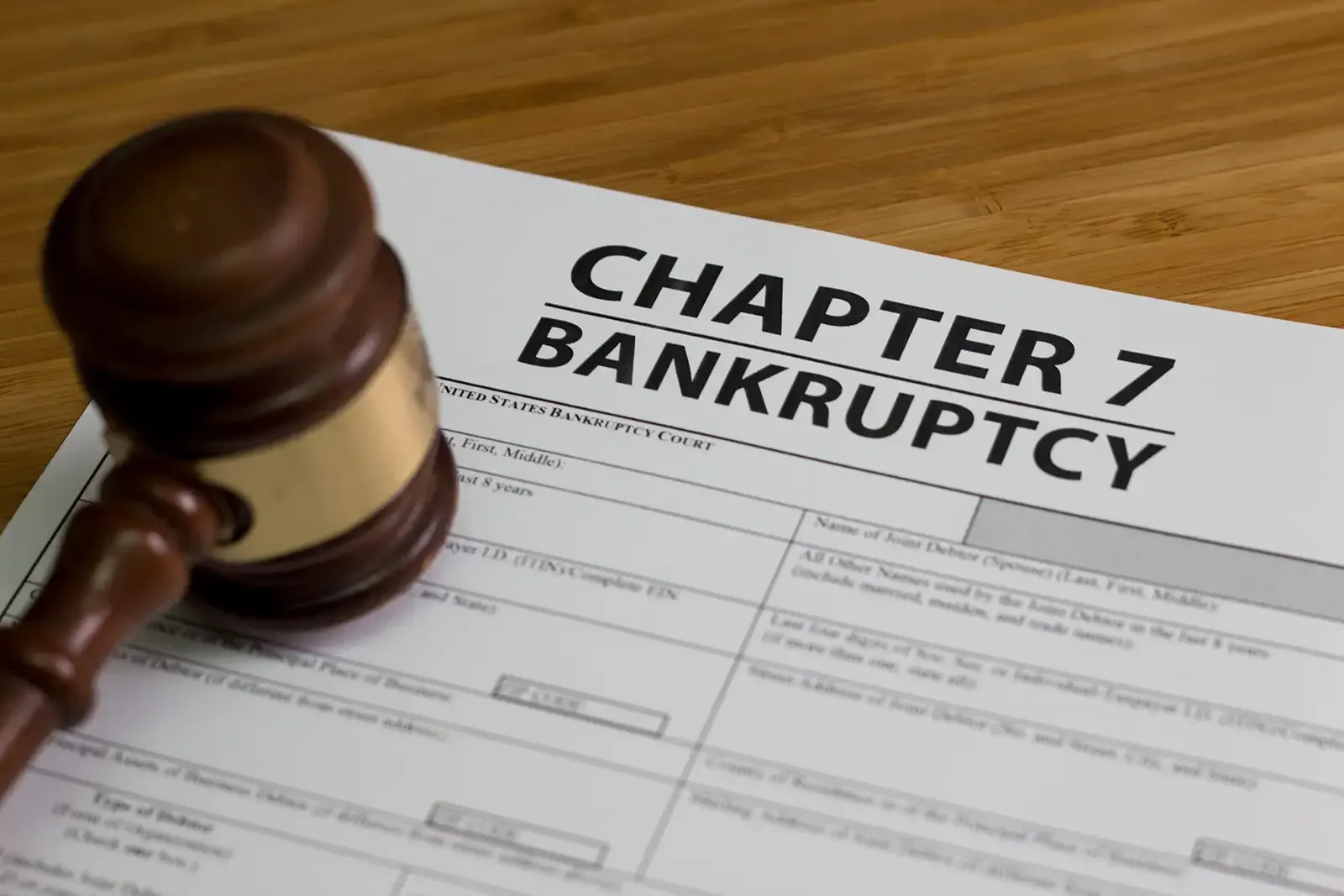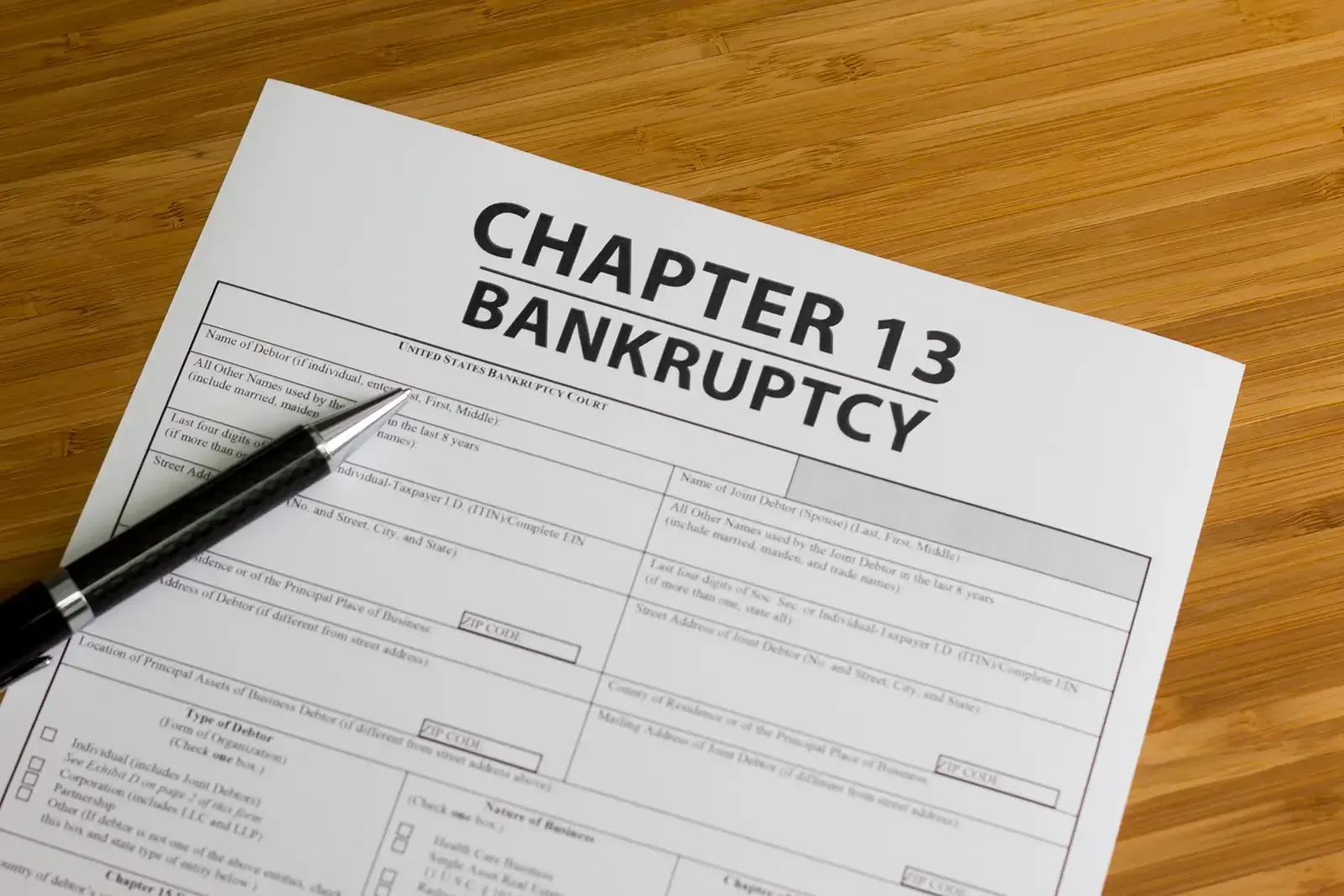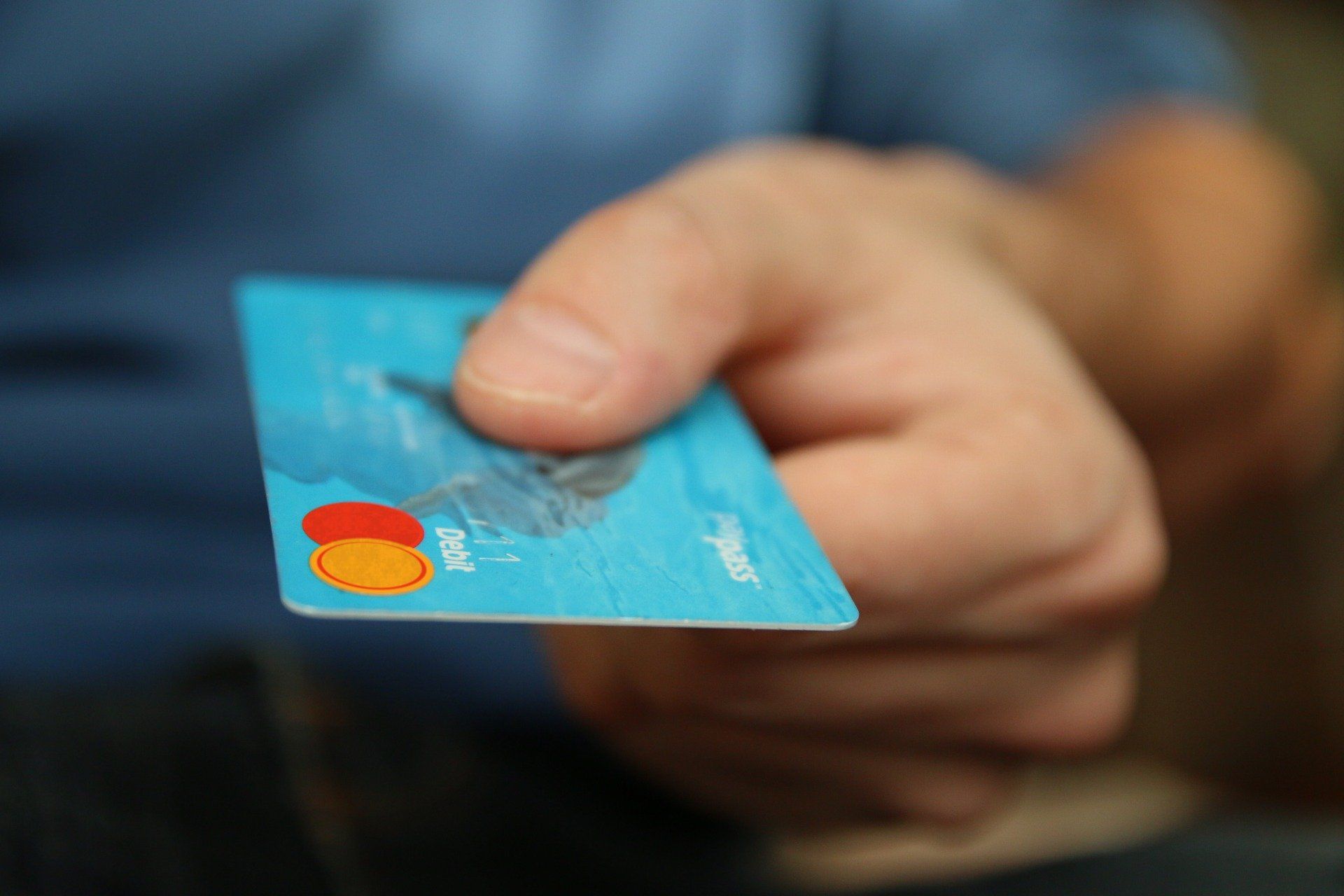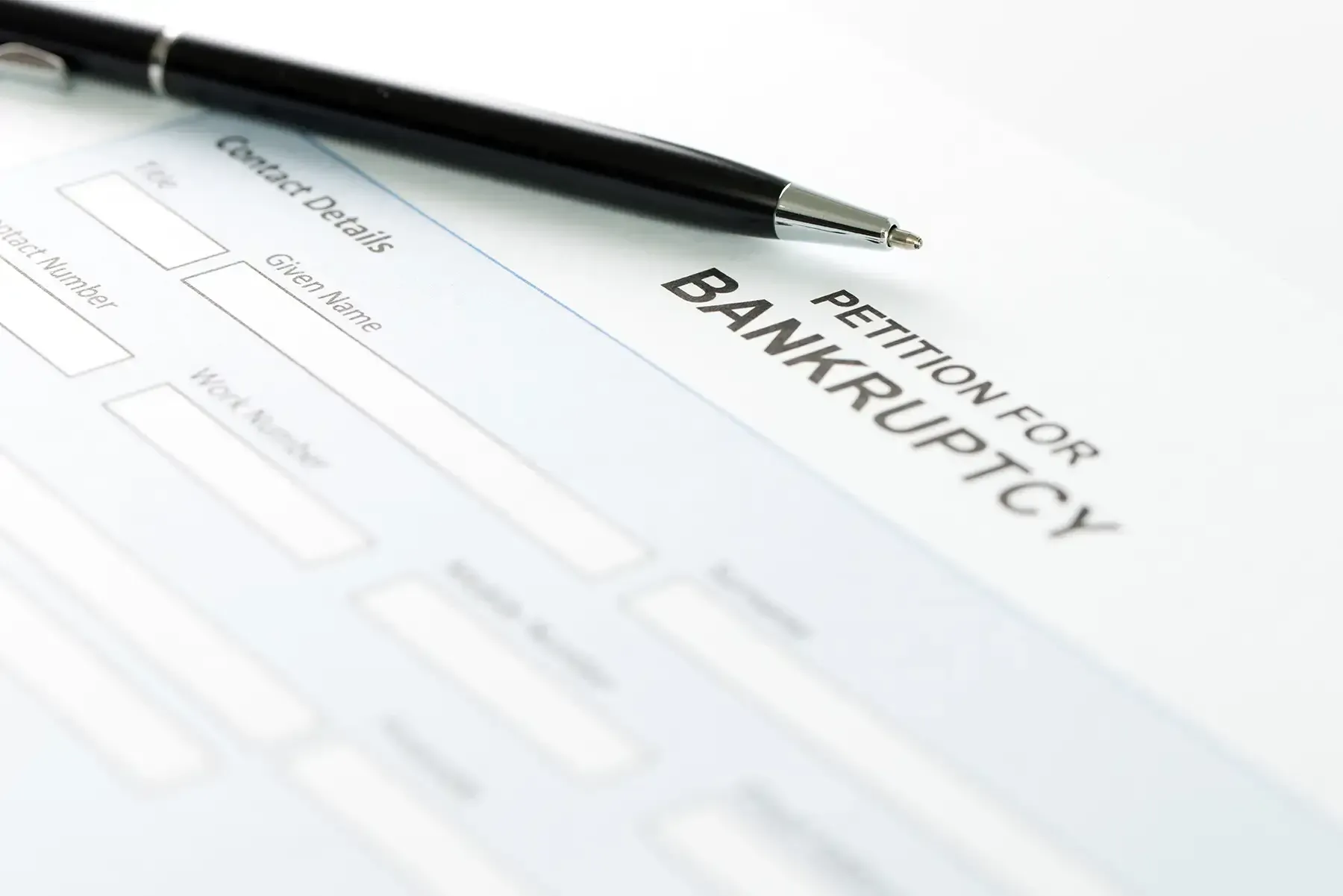Bankruptcy Attorney In Chattanooga, Tennessee
Protecting You from Creditors Through Bankruptcy
If your finances are under water and you feel like you’re drowning in debt, you’re not alone. Many individuals and families have faced the same situation. Let our bankruptcy law firm take a look at your various debts, answer your questions, and review all the options you have to get your creditors off your back. With our history of debt relief success, we can find an option that will meet your needs and get you back on track.
Contact Kenneth C. Rannick, P.C. to schedule a consultation with a lawyer today at 423-205-7744
What Happens During the Bankruptcy Process?
After your initial consultation, one of our bankruptcy lawyers will explain every step of the process before you decide on an option. We’ll determine whether you meet the requirements for Chapter 7 bankruptcy or if you need to go the Chapter 13 route. Our law firm will register your case with the bankruptcy court, gather all the documents you need, and provide the assigned bankruptcy trustee with all the paperwork needed to move your case forward. Our compassionate law offices will stay by your side all the way. Book your consultation today.
What Are The Differences Between Chapter 7 And Chapter 13 Bankruptcy?
In a Chapter 7 bankruptcy, you’ll be able to eliminate most of your debt, such as medical bills, credit cards, past due tax bills, vehicle repossessions, and other types of debt. Chapter 7 will put an end to frozen bank accounts, garnishments, and threatened lawsuits as soon as you file. You can usually keep some of your possessions, including your car and house, if you make on-time payments.
Chapter 13 bankruptcy, on the other hand, consolidates all your debt into a single, affordable monthly payment until you pay your debt in full. It, too, stops the hassle and stress of lawsuits, frozen bank accounts, and garnishments immediately after you file. It can also put an end to car repossessions and foreclosures, allowing you to catch up on your back payments if your budget can accommodate them. Don’t put up with debt collectors’ harassment a moment longer.
We are a debt relief agency. We are attorneys who help people file for bankruptcy relief under the bankruptcy code.





